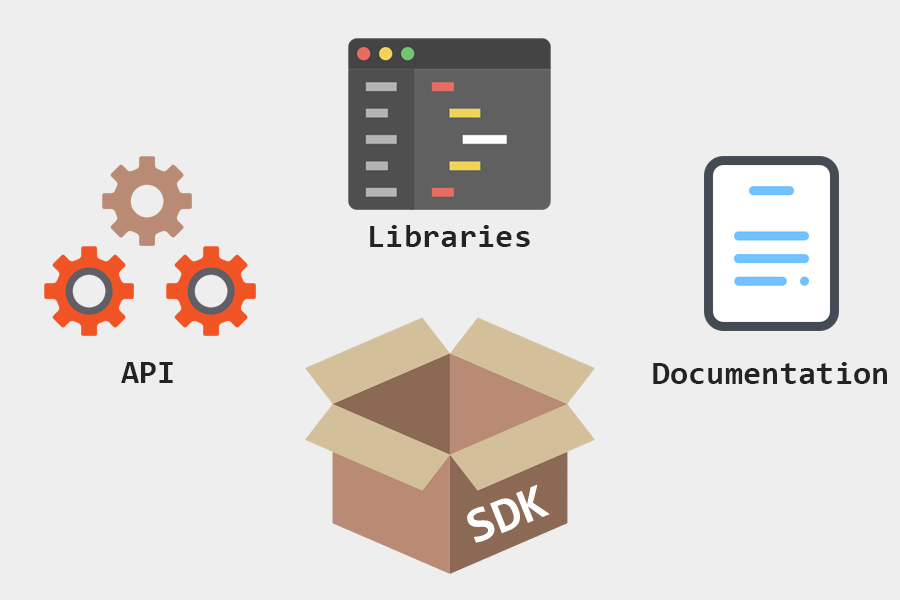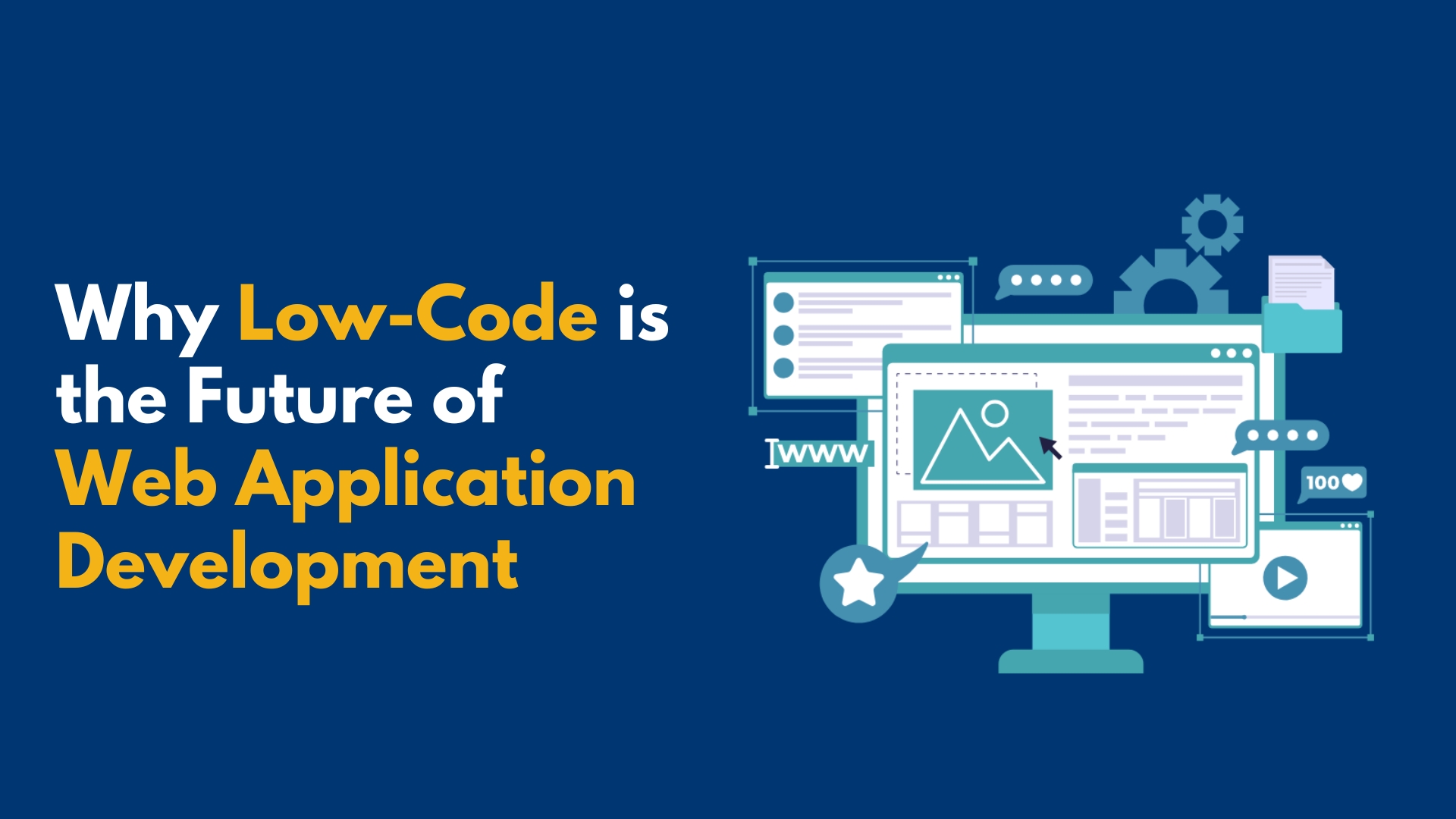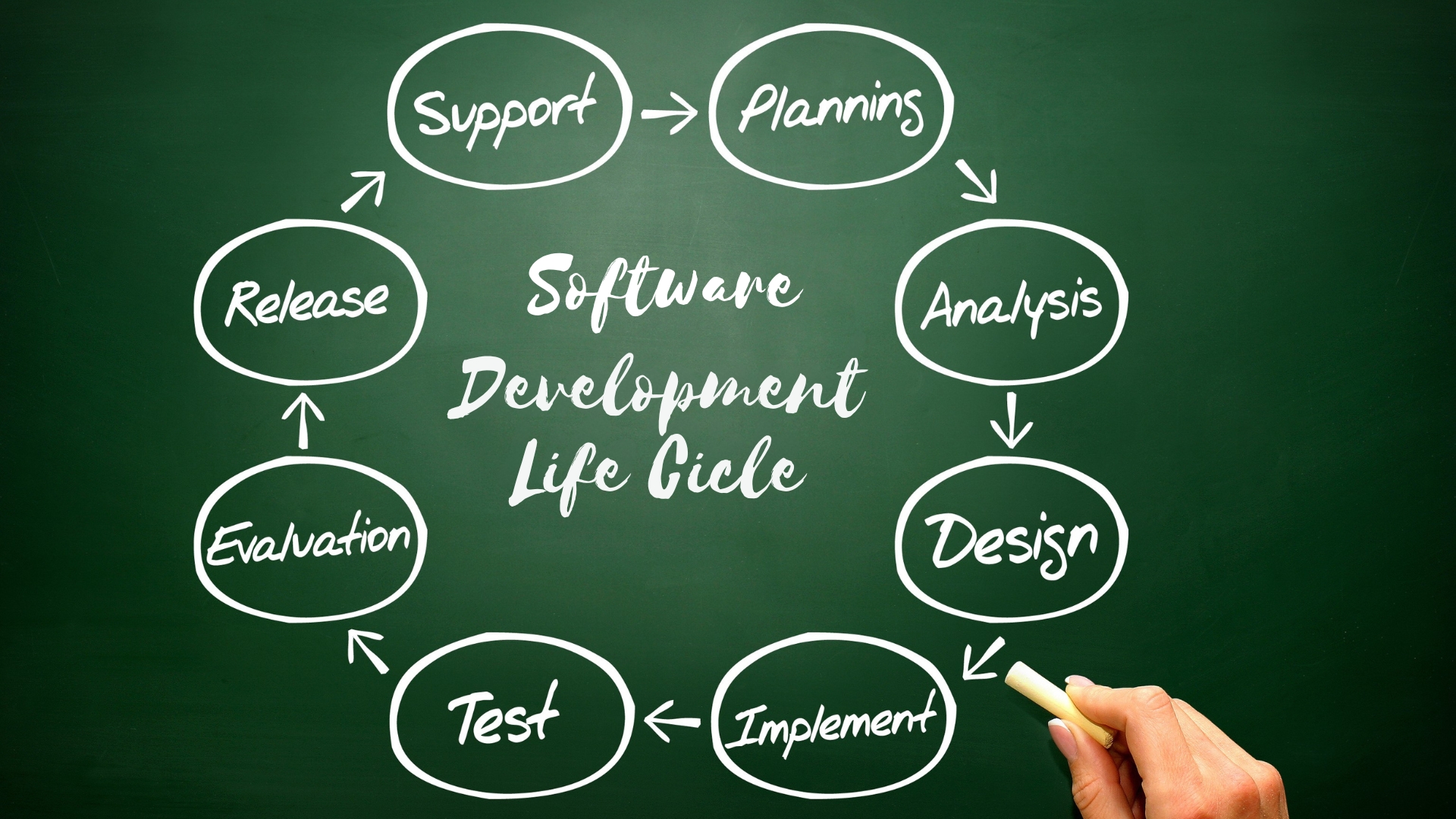APIs and SDKs are two of the most used terms in software development these days. API stands for Application Programming Interface and SDK stands for Software Development Kit. You will know what APIs and SDKs are after this article, and what makes them similar and different.
What Is An API?
API is an acronym for Application Programming Interface. Well, What is an Application? Simply, an application is a program designed for some specific task. The interface is the place where all the components are interacting. API enables your application to communicate with an external service through an interface. In a nutshell, The API enables developers to add specific features to their applications and significantly accelerate the development process.
Think of the APIs as a menu in the restaurant. The menu includes a list of dishes that you can order and their descriptions. When you order an item from that menu, the restaurant knows the dish and serves it to you. You may not know how the restaurant prepares that dish, but it doesn’t matter as long as it’s tasty.

Like a restaurant, an API lists several operations along with a description of what they do that developers can use. Even if developers don’t know how the API works, they get the final result they are looking for.
Now, let’s jump right into a real-world example.
One prominent real-world example of API usage is the “Login using Google /Facebook/Twitter /GitHub” functionality you see on so many websites. Instead of actually logging in to users’ social media accounts, applications with this functionality leverage these platforms’ APIs to authenticate the user with each login.
It’s pretty simple how it works, Whenever the application loads, the API is used to check whether the user is already logged in via any social media platform. If not logged in, when the user clicks the “Login using Google /Facebook/Twitter /GitHub” button, A pop-up opens to confirm that they actually want to log in to the social media account. When the user confirms, the API will provide the application with identification information, so that it knows who is logging in.
What are SDKs?
SDK stands for Software Development Kit. SDK is a collection of software tools and programs that developers use to build apps for specific platforms. The contents of the SDK vary depending on whether the kit is designed for an operating system, a specific programming language or hardware component, etc. The SDKs should contain interfaces for connecting software, and also the tools needed for the development process.
Here is a summary of the components that may be found in software development kits
- APIs (Application Programming Interfaces)
- Documentation
- Editors
- Libraries
- Run-time and development environments
- Compilers
- Debuggers
- Drivers
- Network protocols
- Examples/Test projects
For better understanding, think about assembling a computer. When assembling the computer, a whole kit of different items is needed, including the tools needed to put them together and the assembly instruction guide.

Some examples of software development kits are the Java development kit (JDK), the Windows 10 SDK, the Android SDK and the iPhone SDK.
What is the Difference Between API and SDK
It is quite common to mix up APIs and SDKs. One of the main reasons for this confusion is that SDKs usually contain APIs. However, the API is not always come within an SDK.
As an analogy, Let’s consider a house. A house contains different items/parts. In this situation, the SDK represents the entire house with furniture, rooms, telephones and etc. The API is just a telephone line that enables communication in and out of the house.
In technical terms, the purpose of API is connecting/integrating software while SDK contains a variety of development tools. An API is used to add particular functionality to an application while an SDK used to build new apps or to add many functionalities with a single package.
Summary
- SDKs usually contain APIs, but APIs did not always come within an SDK.
- SDKs allow developers to build applications and act as building blocks for the software solution.
- APIs allow applications to function within the parameters of the SDK with which they are bundled.







